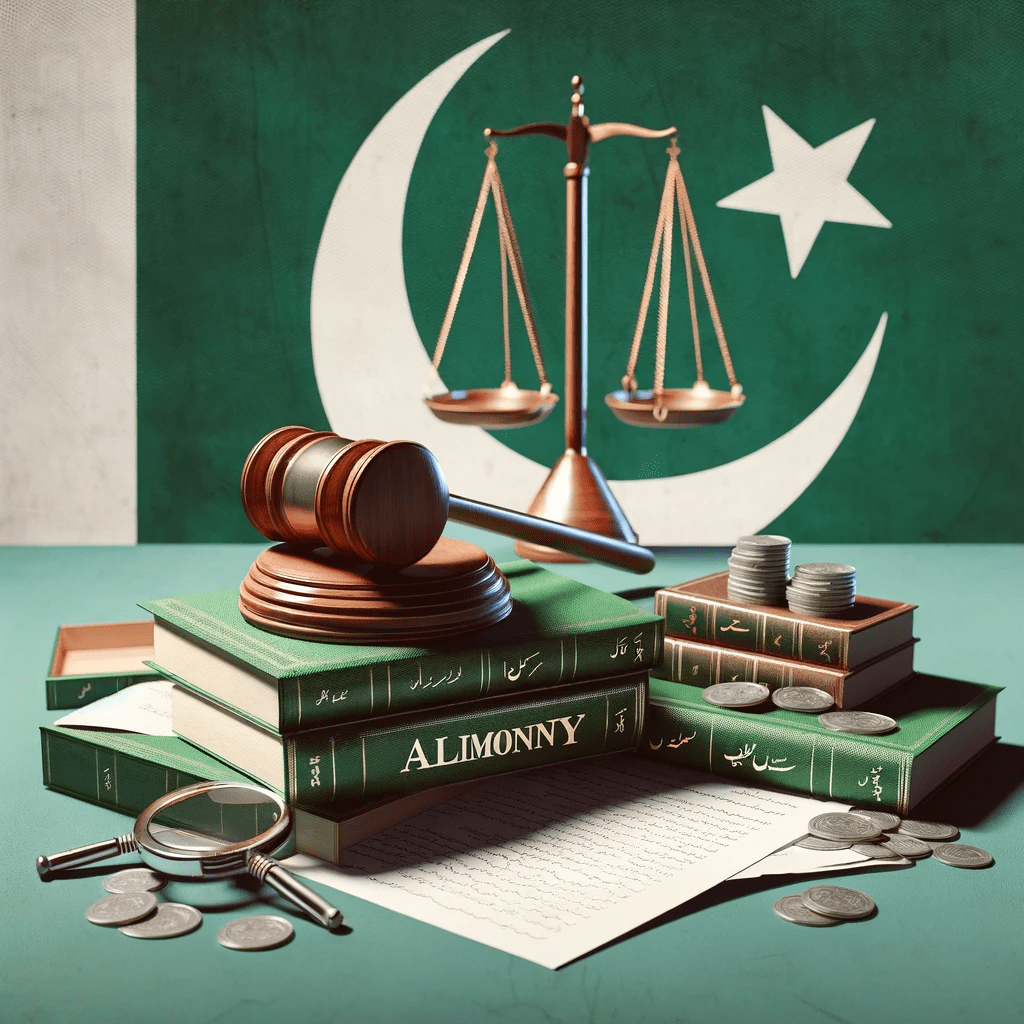Islamabad Capital Territory (Tax on Services) Ordinance, 2001
Islamabad Capital Territory (Tax on Services) Ordinance, 2001 The Islamabad Capital Territory (Tax on Services) Ordinance, 2001, is a piece of legislation in Pakistan that governs the taxation of services provided within the Islamabad Capital Territory (ICT). This ordinance provides the legal framework for the imposition, collection, and regulation of taxes on various services offered by service providers within the ICT (TAX ON SERVICES) ORDINANCE, 2001 (ORDINANCE NO. XLII OF 2001) Updated vide Finance Act, 2022 By a team of Provincial Taxes Wing, Federal Board Revenue, Islamabad. (Any inadvertent error may kindly be reported for necessary correction to any of above mentioned officers at following phone numbers): Ph: 051-9204520 (Amendments by the Finance Act, 2022 have been shown in RED) Islamabad Capital Territory (Tax on Services) Ordinance, 2001 2 Table of Contents ISLAMABAD CAPITAL TERRITORY (TAX ON SERVICES) ORDINANCE, 2001 ………….. 3 Short title, extent and commencement……………………………………………………………………… 3 Interpretation………………………………………………………………………………………………………… 4 Scope of tax………………………………………………………………………………………………………….. 4 THE SCHEDULE (Table-1)…………………………………………………………………………………………. 6 (Table-2) …………………………………………………………………………………………………….12 Islamabad Capital Territory (Tax on Services) Ordinance, 2001 3 The ISLAMABAD CAPITAL TERRITORY (TAX ON SERVICES) ORDINANCE, 2001 1 [Notification No. F. 2(1)/2001-Punj., dated 18th August, 2001.—The following Ordinance promulgated by the President is hereby published for general information:– ORDINANCE NO. XLII OF 2001 AN ORDINANCE to provide for levy of sales tax on services rendered or provided in the Islamabad Capital Territory WHEREAS it is expedient to provide for levy of sales tax on the services rendered or provided in the Islamabad Capital Territory and for matters ancillary thereto or connected therewith; AND WHEREAS the President is satisfied that circumstances exist which render it necessary to take immediate action; NOW, THEREFORE, in pursuance of proclamation of Emergency of the fourteenth day of October, 1999, and the Provisional Constitution Order No. 1 of 1999, read with the Provisional Constitution (Amendment) Order No. 9 of 1999, and in exercise of all powers enabling him in that behalf, the President of the Islamic Republic of Pakistan is pleased to make and promulgate the following Ordinance;- Short title, extent and commencement.–(1) This Ordinance may be called the Islamabad Capital Territory (Tax on Services) Ordinance, 2001. 1 Issued by the Ministry of Law and Justice, under the signature of Mr. Justice Faqir Muhammad Khokhar, Secretary, vide Ex. Ord. Gaz.of Pak., 2001, Pt. I, P.923. Islamabad Capital Territory (Tax on Services) Ordinance, 2001 4 (2) It extends to whole of Islamabad Capital Territory. (3) It shall come into force at once. Interpretation.–In this Ordinance, unless there is anything repugnant in the subject or context, the words and expression used but not defined shall have the same meaning as in the Sales Tax Act, 1990. Scope of tax.— 2 [(1) Subject to the provisions of this Ordinance, there shall be charged, levied and paid a tax known as sales tax at rates specified in column (4) of Table-1 of the Schedule to this Ordinance of the value of the taxable services rendered or provided in the Islamabad Capital Territory: Provided that the services specified in Table-2 of the Schedule shall be charged to tax at such rates and subject to such conditions and limitations as specified therein;] 3 [(1A) Notwithstanding the provision of sub-section (1), the export of services shall be charged at the rate of zero per cent.] (2) The tax shall be charged and levied on the services specified in4 [column (2) of] 5 [Table-1 or Table-2 of the Schedule to this Ordinance, as the case may be,] in the same manner and at the same time, as if it were a sales tax leviable under sections 3, 3A or 3AA, as the case may be, of the Sales Tax Act,1990. 6 [(2A) The following provisions of the Sales Tax Act, 1990, shall apply, mutatis mutandis, to the services rendered or provided under this Ordinance, namely:− (a) clause (b) of sub-section (2) and sub-sections (6) and (7) of section 3; 2 Sub-section (1) substituted by Finance (Supplementary) Act, 2022. 3 New sub-section (1A) inserted by the Finance Act, 2021. 4The words brackets and figure “column (2) of” inserted by the Finance Act, 2015 5 Expression substituted by Finance (Supplementary) Act, 2022. 6 New sub-sections (2A) added through Finance Act, 2016. Islamabad Capital Territory (Tax on Services) Ordinance, 2001 5 b) serial number 2, in column (1), and the entries relating thereto of the Fifth Schedule read with section 4; c) sub-sections (2), (3), (6) and (7) of section 13; and (d) serial number 48, in column (1), and entries relating thereto of Table 1 of Sixth Schedule read with section 13.”. 7 [(2B) The tax levied under sub-section (1) shall not be applicable to regulatory and licensing services rendered or provided by an organization established by or under a Federal statute]. (3) All the provisions of the Sales Tax Act, 1990, and rules made and notifications, orders and instructions issued there under shall, mutatis mutandis, apply to the collection and payment of tax under this Ordinance in so far as they relate to – (a) manner, time and mode of payment; (b) registration and de-registration; (c) keeping of records and audit; (d) enforcement and adjudication; (e) penalties and prosecution; and (f) all other allied and ancillary matters. ———————— 7 Sub-section (2B) inserted by Finance Act, 2016 Islamabad Capital Territory (Tax on Services) Ordinance, 2001 6 8 [Table-1] [See section 3(2)] S.No. Description PCT Heading, if applicable Rate of Tax (1) (2) (3) (4) 9 [1. Services provided or rendered by hotels, motels, guest houses, farmhouses, restaurants, marriage halls, lawns, clubs and caterers. Services provided are rendered by hotels motels, guest houses and farmhouses. Services provided or rendered by restaurants. Services provided or rendered by marriage halls and lawns. Services provided or rendered by clubs. Services provided or rendered by carters, suppliers of food and drinks. 98.01 10[Fifteen percent Advertisement on television and radio, excluding advertisements– (a) sponsored by an agency of the Federal or Provincial Government for health education; (b) sponsored by the Population Welfare Division relating to
Islamabad Capital Territory (Tax on Services) Ordinance, 2001 Read More »
Laws of Pakistan - Library





![HEAVY INDUSTRIES [TAXILA] BOARD ACT, 1997](https://24justice.pk/wp-content/uploads/2024/01/8.png)



